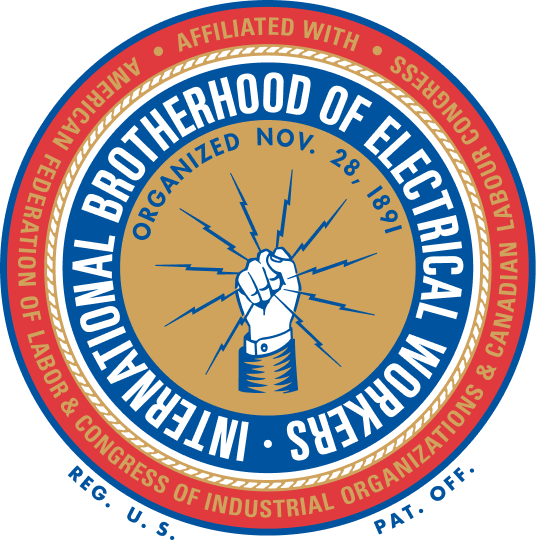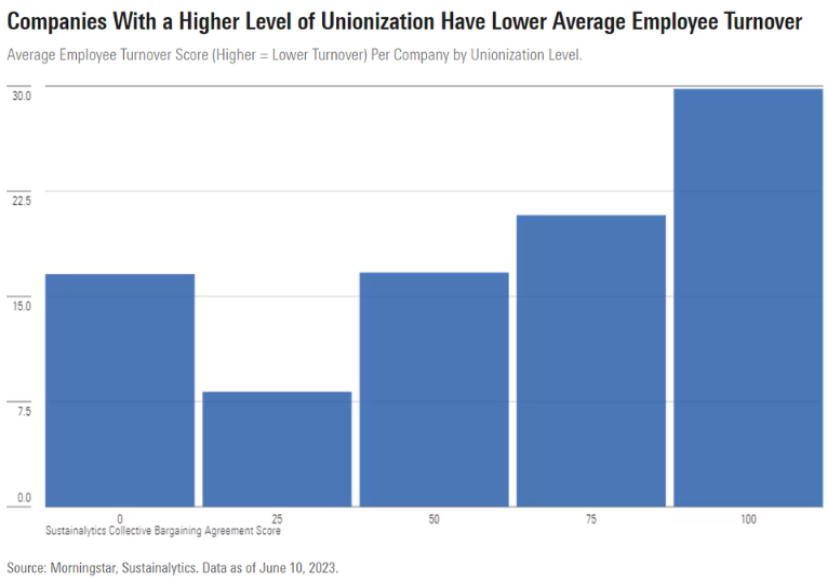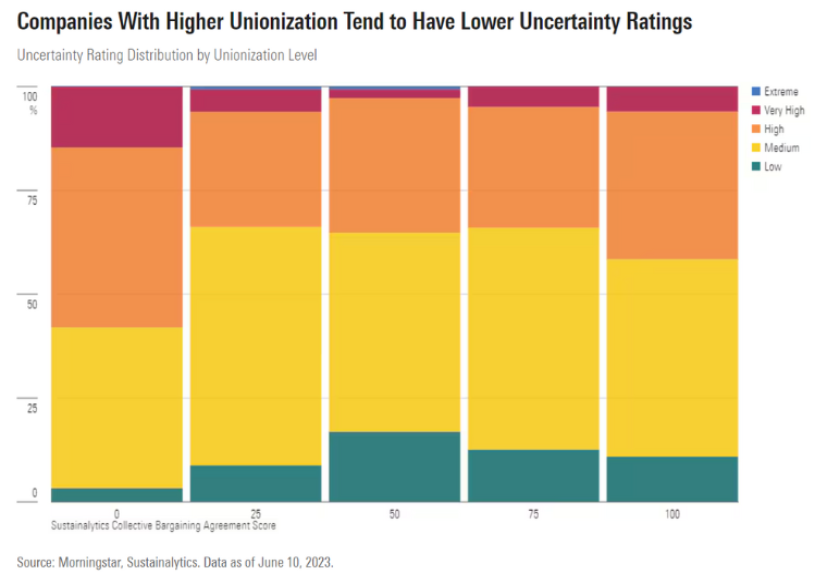TRAINING
International Brotherhood of Electrical Workers
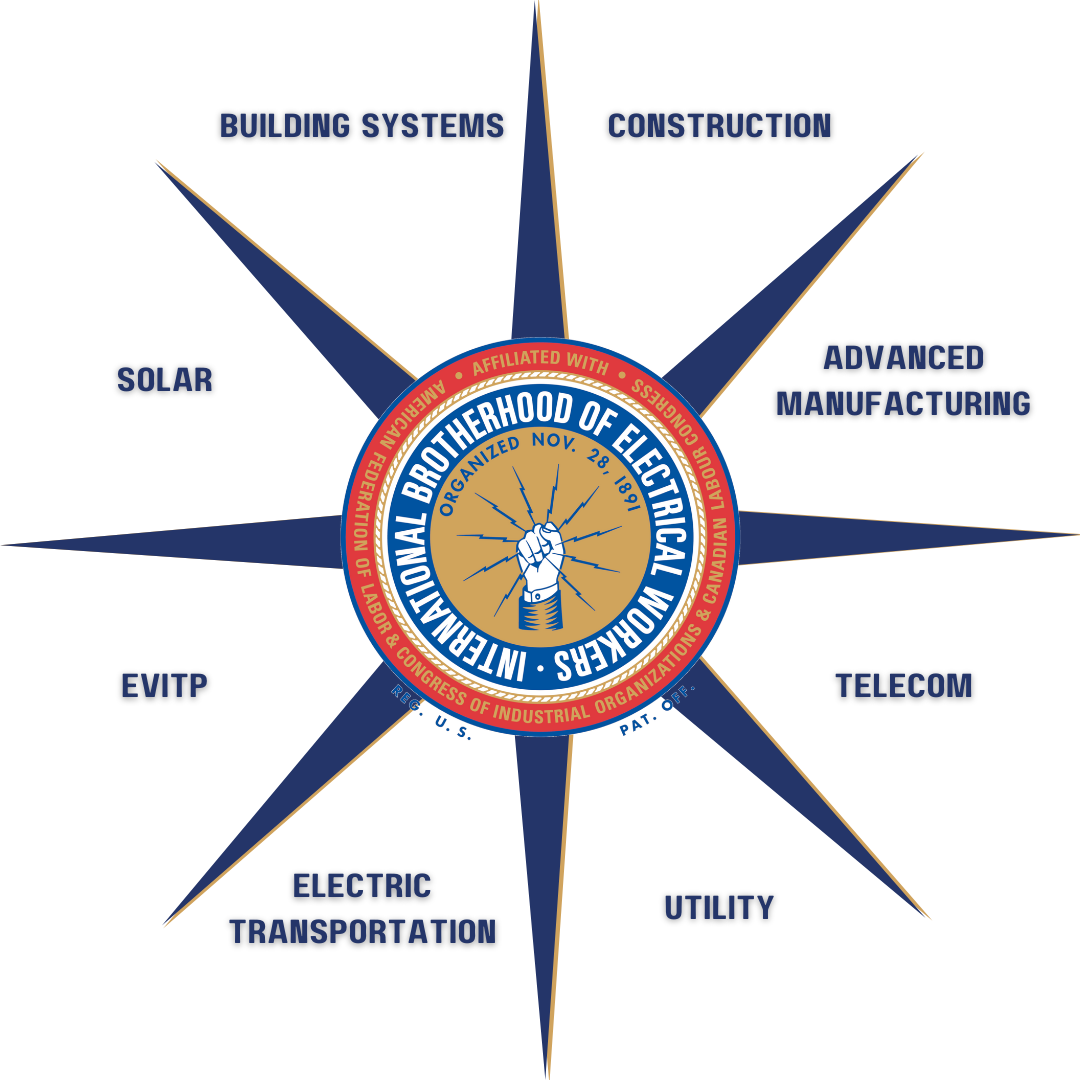
The building systems industry encompasses the design, installation, and maintenance of essential systems like HVAC, electrical, plumbing, and fire protection, incorporating technologies such as Building Information Modeling (BIM) and prefabrication techniques to enhance collaboration, efficiency, and project outcomes.
We are well versed in the many facets the construction industry encompasses. Including all activities related to building and assembling infrastructure, such as residential homes, commercial buildings, roads, transmission, and more.
With our dedicated training trust, we cultivate expertise across all areas of advanced manufacturing, utilizing cutting-edge techniques like automation, robotics, 3D printing, and data analytics to drive innovation and efficiency.
We have created and maintained communication systems for over a century. This includes phone services, internet providers, and data transmission.
With a strong commitment to training, we build expertise across all aspects of the utilities, municipalities, and co-ops industry—encompassing the generation, transmission, and distribution of essential services like electricity, water, and gas to homes and businesses.
With the growing field of electric transportation, we are focused on building the manufacturing base and training a safe, skilled workforce to install, maintain, and repair the industry’s infrastructure, including battery storage systems.
The Electric Vehicle Infrastructure Training Program (EVITP) provides training and certification for electricians installing electric vehicle supply equipment (EVSE).
The solar industry focuses on the development, installation, and maintenance of solar energy systems. We have trained tens of thousands of workers on the installation and maintenance of everything from rooftop to utility scale solar.
Our proficiency lies in collaborating with employers to develop and administer effective curricula. This expertise in apprenticeship and training enhances workforce competency, reduces turnover, and boosts the industry reputation of participating employers. Partnering with the IBEW to provide top-tier training and career advancement opportunities for workers results in a skilled and adaptable workforce, benefiting the company, the workers, and the community.
Graduates
Training Facilities
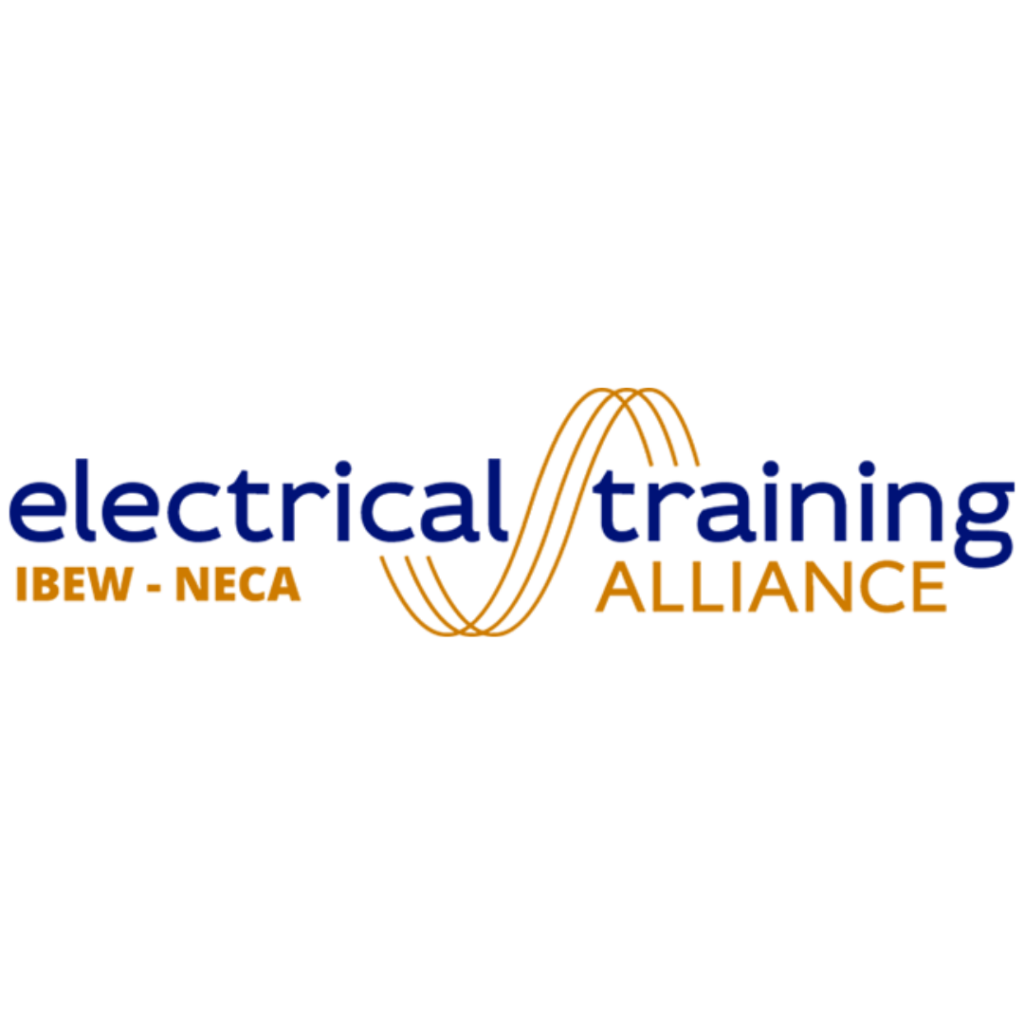
The most well-rounded craftsperson
A key to the success of our students is our focus on core curriculum. There are many specialty skills electrical workers can have, but all of that is meaningless without the solid foundation of core skills. Today, we are seeing more and more workers jump straight to a highly specialized skill, without the proper understanding of electrical work. This concerns us, as only those that understand the true power of electrical work and how to harness it safely should be building out your projects. Nothing is more dangerous than any improperly done with electricity.
Don’t leave it to chance. Know that the craftsperson you hire have the core skills necessary by hiring electrical training ALLIANCE-trained craftsperson. We are proud to have trained more electricians than anyone else in the world.
Real-world training and experience
Our industry-renowned apprenticeship program is the highest level of education any electrical worker can receive. By simultaneously combining classroom curriculum with real-world experience, students become the best craftspersons possible. We go to extensive lengths to ensure the craftsperson you hire are the best they can be before they ever step foot on your jobsite.

Why Choose Us?
1.Comprehensive Training Programs: We work to equip your team with an understanding of the latest technologies, safety protocols, and industry best practices, ensuring they remain at the forefront of innovation.
2. Enhanced Safety and Efficiency: Our targeted training reduces workplace accidents and boosts operational efficiency, creating a safer and more productive environment.
3. Career Advancement Opportunities: By fostering growth and specialization, we help your employees achieve long-term job satisfaction and loyalty, reducing turnover and enhancing team stability.
4.Strengthened Partnerships: We believe in solidifying collaborative relationships between IBEW and manufacturing employers. Our shared commitment to workforce excellence ensures that you benefit from a well-trained, dedicated team.
Join us in driving progress and success in the clean transportation and advanced manufacturing sectors. Let’s work together to create a brighter, more efficient future for your business. Contact us today to learn more about how we can help you achieve your
IBEW Education Department
The Education Department has been committed to the education and training needs of our members and leaders since its establishment in 1924. The work of the education department is founded on the belief that when we educate and engage our members and provide them with the tools to be activists our union will thrive. The training and education programs that are provided by the IBEW strive to be inclusive of all our members by addressing the diversity that makes us strong while fostering a sense of solidarity across our union. The IBEW education programs provide comprehensive training in organizational and leadership development through organizing training, steward training, local union officer training and more. Below is a list of programs available to local unions and their members. If you would like to schedule a training for your local union, contact your IBEW International Representative and/or your district office.

Curriculum customized for your region
The skills required of your JATC’s and AJATC’s graduates are different from those in other parts of the country. No one knows that more than us.
Having provided training curriculum for over 70 years to JATC’s and AJATC’s across North America, we’ve been through everyindustry innovation and milestone. We were even the first to create the training curriculum for most of these milestones. Through all of this, we’ve gained an unmatched knowledge of what skills students need and where they need them. That is why our curriculum contains a core component and an advanced studies options, so your students canlearn theapplicable skills relevant to your market.
